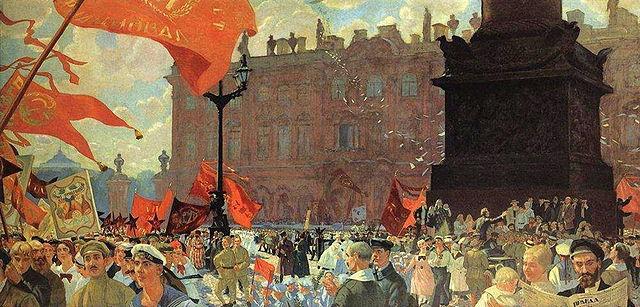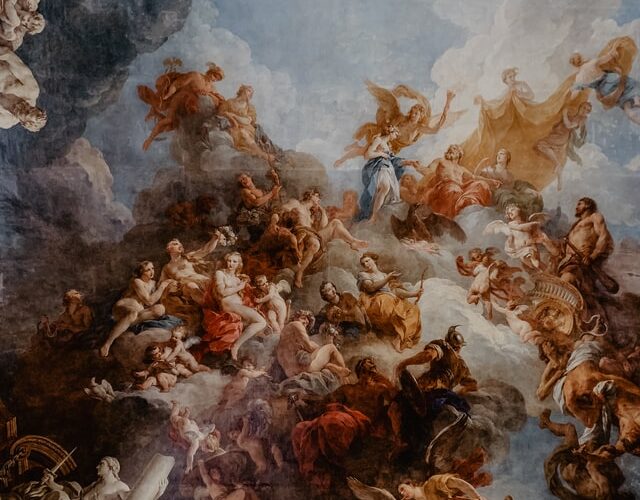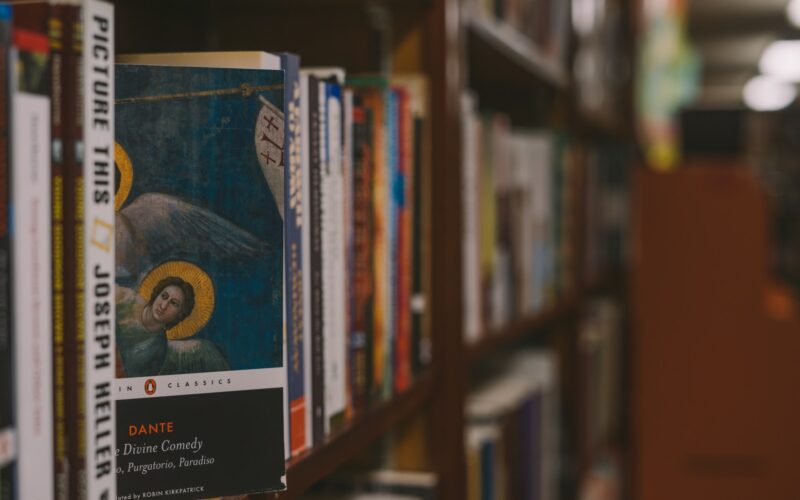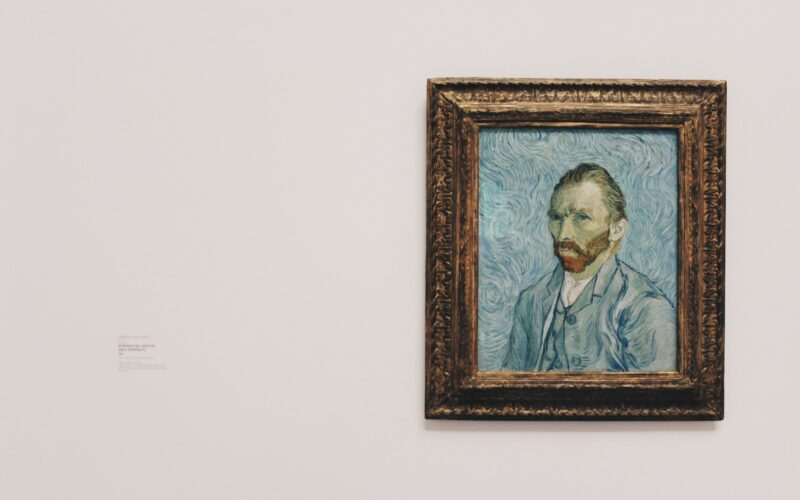Solzhenitsyn: Most Profound Highlights of The Gulag Archipelago (3/3)
Groupthink is when you inherit the ideas of the masses without thinking them through for yourself. Although Solzhenitsyn was a true Communist until his party betrayed and enslaved him for cheap labor, some underwent a similar fate and never changed changed their minds about Communism because they were terrified of existential exile. Solzhenitsyn discovered that humility and the ability to listen to others can keep you from Groupthink and set you on your own journey towards individuality and truth.








